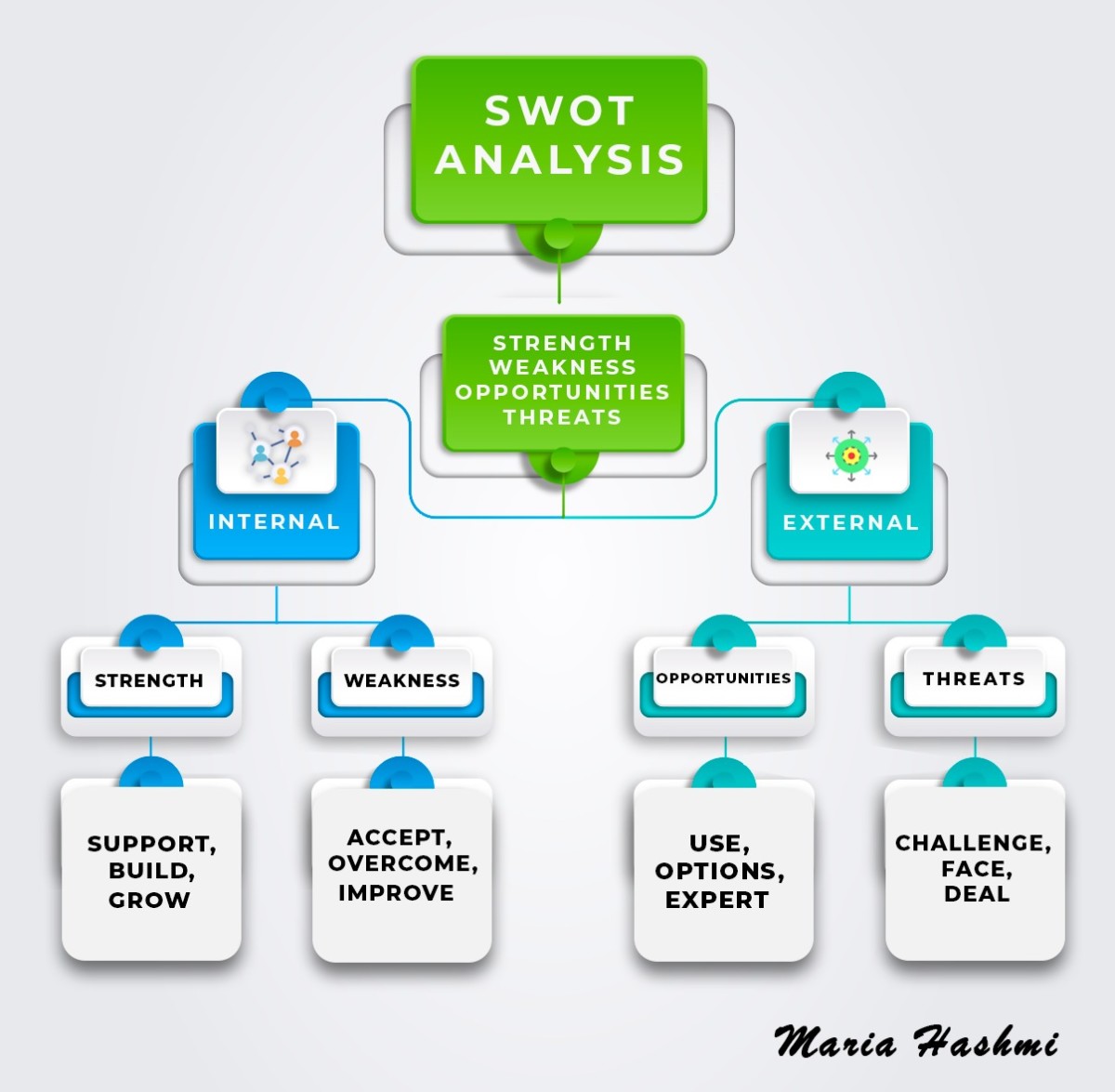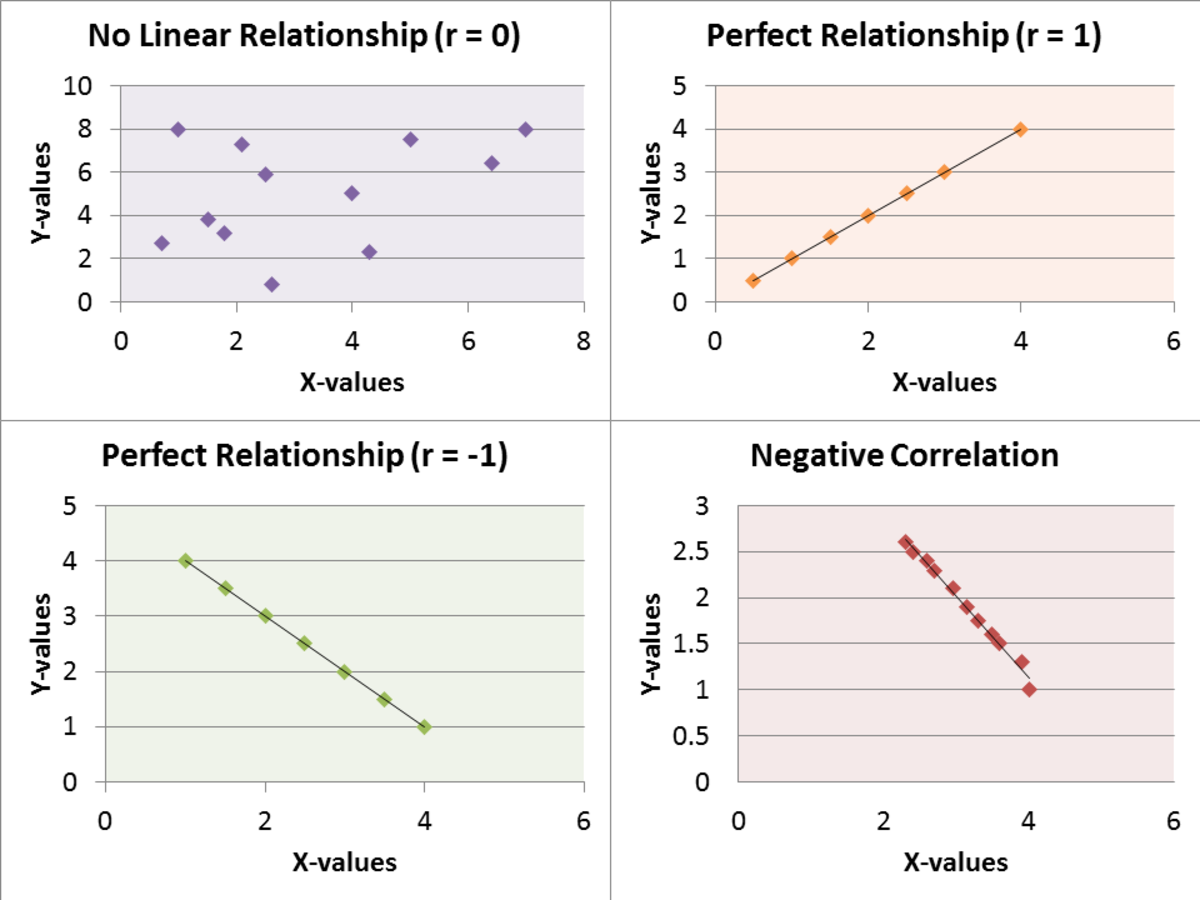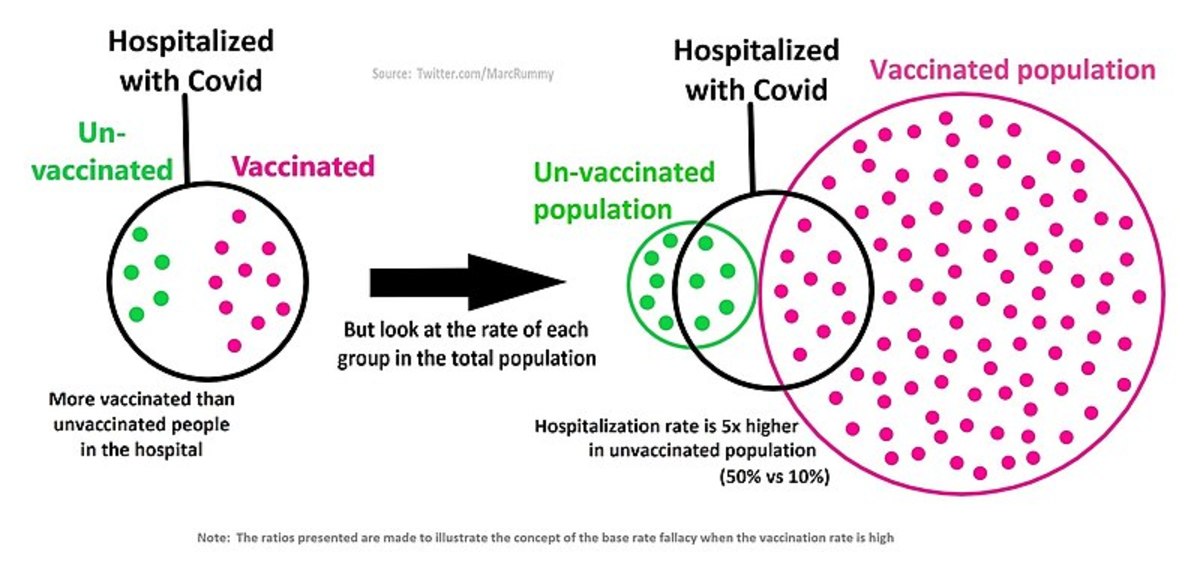The Statistics of Life

How old can a person live in today’s world? How likely is it for a person to be involved in a serious accident during a holiday travel? In baseball, how does the management determine the value of its players? In basketball, how does the coach decide which player to send in to make a 3-point shot? There are no definite answers to these questions. But, statistics can narrow down the possible answers based on cold hard numbers. Each person will no doubt live a life as unpredictable as dictated by the person’s individuality. But, due to the person’s interactions with the others in controlled settings, a person’s life is no longer an open book; it has become a part of the statistics.

Life Expectancy
No one knows how long a person is going to live. We know that the main limiting factors are the genes that make the person and the environment that the person lives in. As one embarks on the journey of life, the life styles and diets, the place live and work, the friends and lovers all affect the person’s life expectancy. With all these variables, it is just impossible to arrive at a range of how long a person’s life is going to be. But, from the population as a whole, statistically, we are able to collect data as to how long people lived and died over the ages. The conclusion is that in the developing countries with acceptable living conditions and medical advances, the average life expectancy was around 50 years old in the 18th century, 60 years old in the 19th century, and 70 years old in the 20th century. Today, with higher living standard, better diet and exercise regiments, and advances in medicines and treatments, the life expectancy for the average Joe has increased to 80 years of age.

Traffic Accident
No one can plan a traffic accident, avoid to be in one, and predict the occurrence of a traffic accident. Its cause can be due to a lot of factors – bad weather or road condition, careless or drunk driver, car malfunction, etc. Unfortunately, some of the traffic accidents are fatal cutting short people’s life on Earth and no one is immune. We cannot prevent and predict traffic accident. But, by using statistics – collecting and analyzing how, when, and where traffic accidents occur for an optimal period of times, we are able to show what the chance of a person’s involvement is in a serious accident as soon as one sets foot on the road. Insurance company relies extensively on statistics to figure out which areas and what types of driver is more prone to traffic accident and to adjust auto premium accordingly.

Sport
No sport exploits statistics like the professional baseball. The ball club uses it to determine how much to pay its players. The manager uses it to figure out how to use the players in the game. The player uses it against the pitcher to hit the ball out of the park. The pitcher uses it to strike out the player. Each player possesses a special set of skills to play in a game based on a special set of rules. Based on the player’s past performances, statistics can be formulated as a guide to tell how the player will fair in the game under certain circumstances. No player can have a winning performance in every game. But, the statistics can tell if the player can have an overall winning performance in a season. The statistics uses numbers to help the ball club to produce a winning team, the ball player to understand one’s role, and the public to appreciate the complexity and intricacy of the game.
Man-made World
Statistics relies on scientific methods to gather, analyze, and sort data to understand and foretell how people will behave under controlled situations. In the modern times, we live in a man-made world with rules and customs, laws and etiquettes, knowledge to be learned and skills to be acquired. Each person born with the unique mental and physical capability will spend the first 18 years of one’s life to explore and understand this world. In the rest of the person’s life, one will become a professional, an undesirable, an extraordinaire, or a commoner. No one can foretell who is going to be what. But, statistics can map out the general distribution curve showing how many of each kind that there will be. Statistics is not about the individuality but the general trend, not about certainty but probability, not about subjectivity but objectivity. Life is full of possibility and opportunity; statistics is used to show its limits and what we can do accordingly in our quest for the meaning of life.








